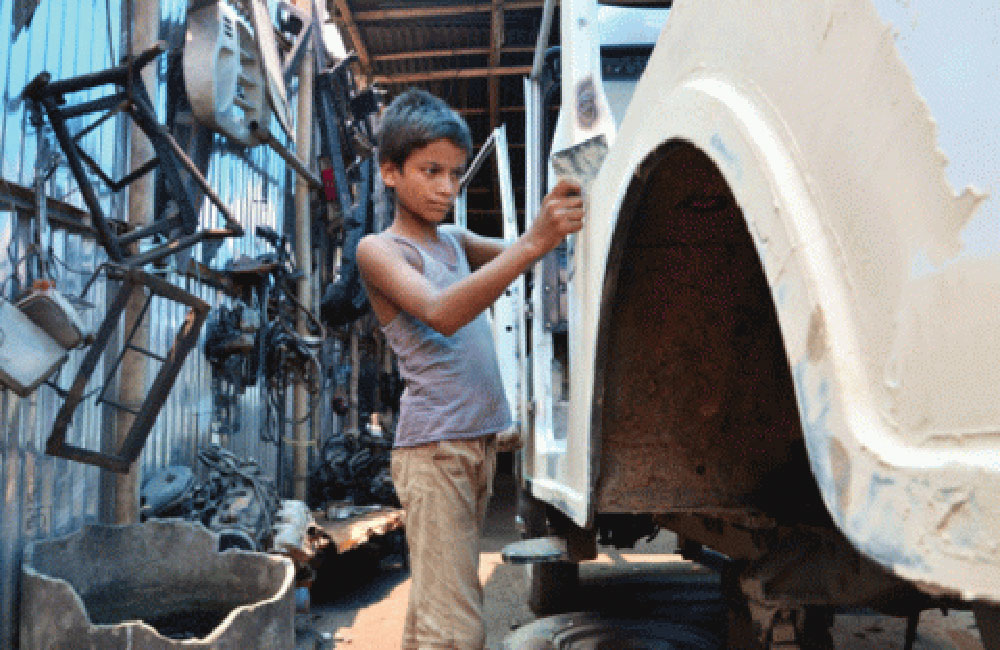The Sri Lankan government yesterday raised the minimum working age from 14 to 16 years, marking World Day against Child Labour, which was instituted by the United Nations in 2002. This year's theme was COVID-19: Protect children from child labour, now more than ever.
The amendment to the labour law meets the need to harmonise the working age with that of compulsory education, as well as bring the country’s legislation in line with the UN Convention on the Rights of the Child.
According to the International Labour Organisation (ILO), at least 152 million children are working worldwide. Of these, 72 million do so in hazardous conditions.
This is reflected in child labour mortality data. Around 48 per cent of child labourers who die are aged 5 to 11 years, 28 per cent are between 12 and 14 years, and the remaining 24 per cent fall in the 15-to-17 bracket.
About 71 per cent of working children are engaged in agriculture, which includes fishing, livestock herding, aquaculture, and forestry.
According to the ILO, in 2016 in Sri Lanka had 103,704 working children, which represents a sharp drop compared to a decade before, when the figure was around half a million. Of the children working, 39,007 are engaged in hazardous forms of child labour.
In Sri Lanka, working children are employed mainly in fishing, to feed themselves and their family. They belong to fishing families and tend not to want to go to school, nor do they have another trade in mind.
A 15-year-old boy from the western province, near Chilaw Beach, told AsiaNews that he does not like going to school because he is lazy. He finished school, but did not take the final exam.
He said that he goes fishing to earn money. “If you have money, you can do many things. This is our traditional way of life and I want to continue living the same way.”
According to the ILO, the COVID-19 pandemic has led to a rise in child labour. “As economic contraction reduces opportunities in the labour market for parents, it can push their children into hazardous and exploitative work,” reads an ILO report.
Melani Perera

Leave your comments
Login to post a comment
Post comment as a guest